Until the 1960s, many Highland games in Perthshire and Angus had a wasp catching competition for kids. To win the “Queen Wasp Cup” you had to catch, kill, and pin the most wasp queens to a piece of card.
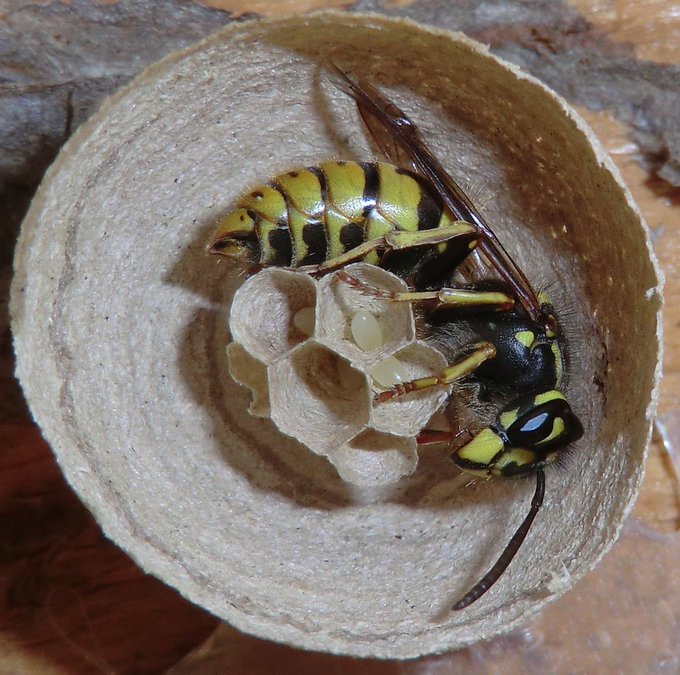
Until the 1960s, many Highland games in Perthshire and Angus had a wasp catching competition for kids. To win the “Queen Wasp Cup” you had to catch, kill, and pin the most wasp queens to a piece of card.

St Fillan had a pet bell that would fly to him when called. It was said to have flown from Strathfillan to Scone for the coronation of James IV. It flew by a soldier who shot it with an arrow, which is how it came to have a hole in it.
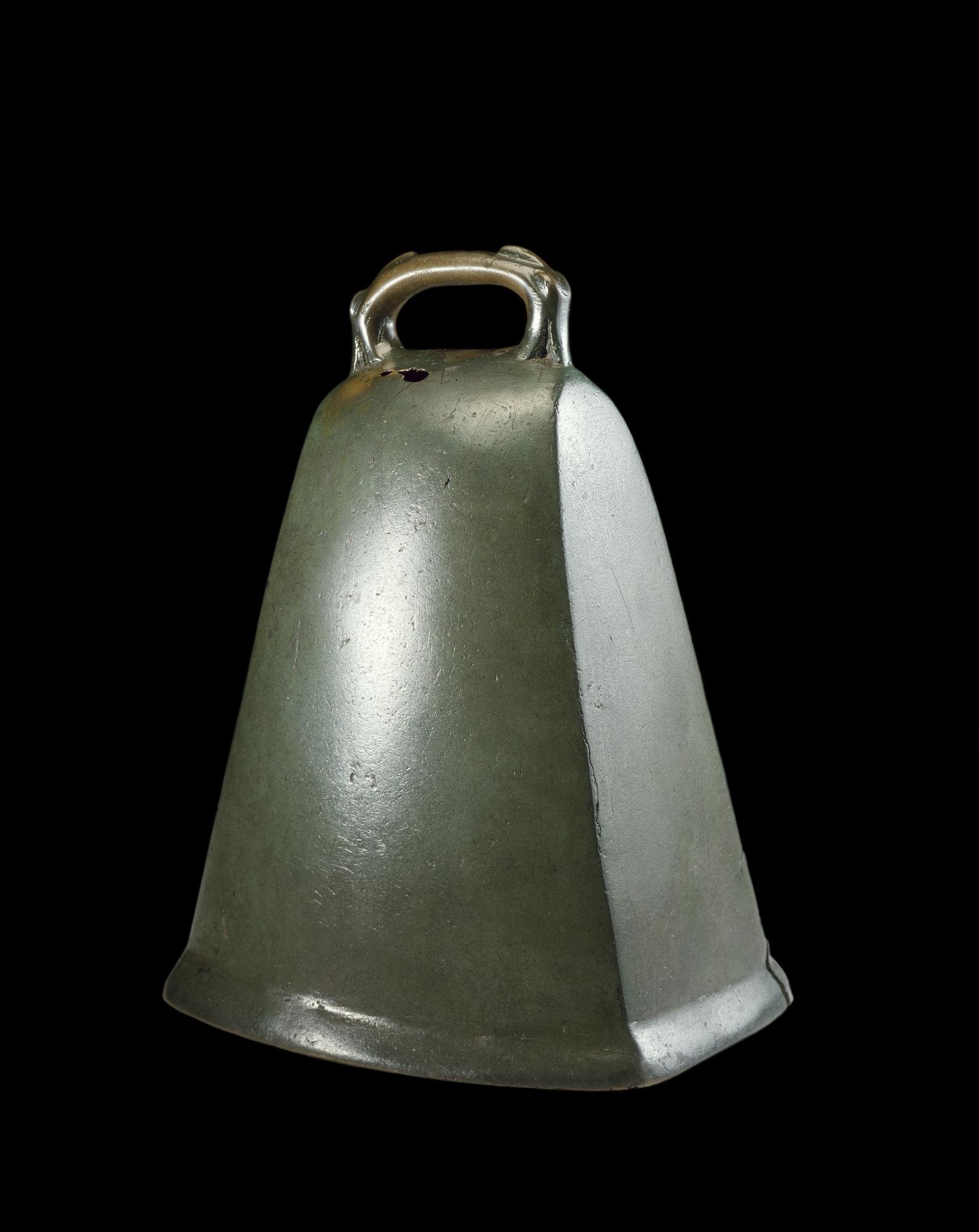
In Orcadian folklore, no cat can survive on Eynhallow and no rat can survive on Eday. In the 18th century, a ship carrying grain wrecked near Eday. The ship’s rats swam ashore and all were seen to die the instant they walked on Eday’s soil.
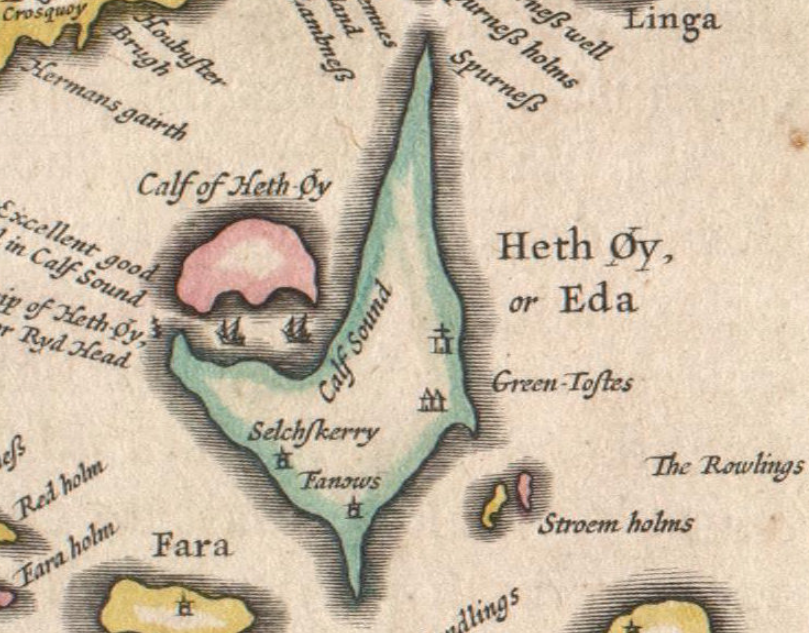
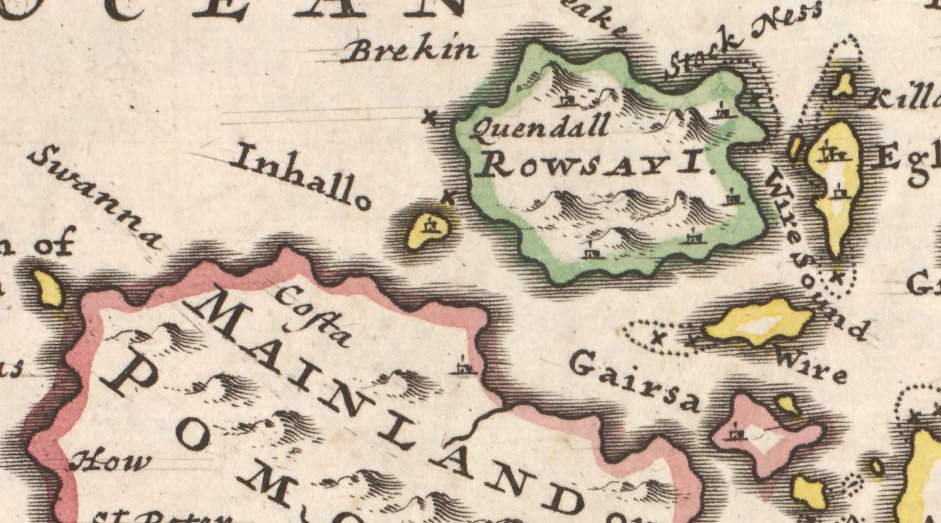
On 17th August 1865, a freak rainstorm covered about 3 acres of Maxwelltown, Dumfries in froglets. A fortnight before, the tracks at Lanark Railway Station were covered in tadpoles after 5 minutes of rain.
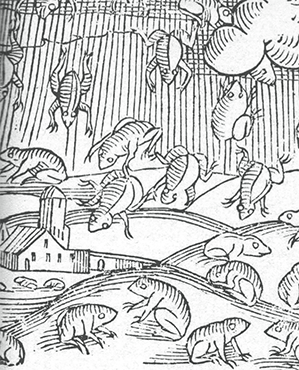
Greenock Advertiser. 22nd Aug 1865. pg.2
The Scotsman. 24th Aug 1865. pg.4
On 29th October 1807 an Invermoriston woman awoke to find a Bengal tiger in her house.
It leapt 16ft across the room at her before being chased outside. It had escaped from a menagerie at Brahan Castle and was said “to have done considerable mischief”
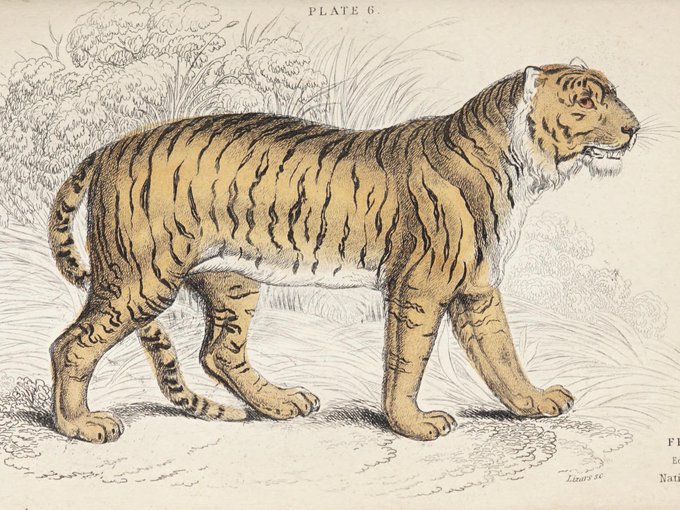
Carved in the late 14th century, the oldest bagpiper in Scotland is this jaunty pig, a gargoyle on Melrose Abbey.
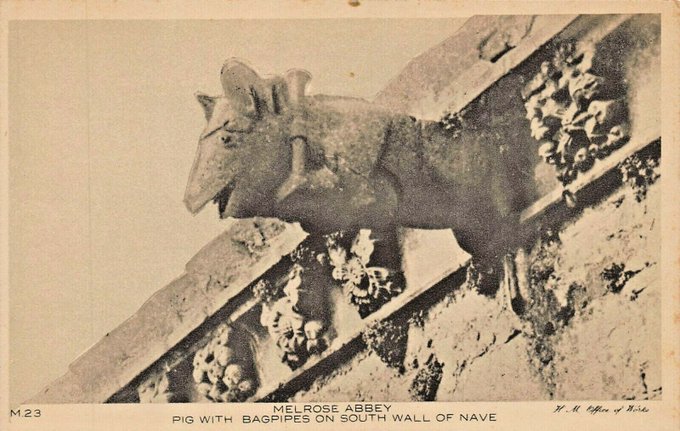
At 600+ years old, they’re still looking pretty fresh!

On 15th Jan 1739, a deadly hurricane hit central Scotland. At Loch Leven winds drove pike and perch by the “horseload” onto the fields that were sold for a penny per hundred. 229 yr later (to the day) was the Great Storm of 1968 which killed 50+ people.


In 1348 a tax was levied to protect Dumbarton from wolves. Paid annually, the “Watchmeal of Kilpatrick” paid for the food for the wolf-hunter’s dogs.

In 1975, the funds were still available to Dumbarton Public Library to buy books. Talk about old money.
You can read more about the wolves of Lomondside here: biodiversitylibrary.org/page/53410734
n. the water shrew

In Caithness, it was thought that its breath could kill a cow at 100 paces and it could poison you just by looking at you. The cure was to make a soup from its head.
In 1232, King’s physician Ness Ramsay removed a hairball (trichobezoar) from the stomach of Alexander II.

Legend has it that Ness got X-ray vision by drinking a soup made from a white snake which allowed him to complete the procedure without error.